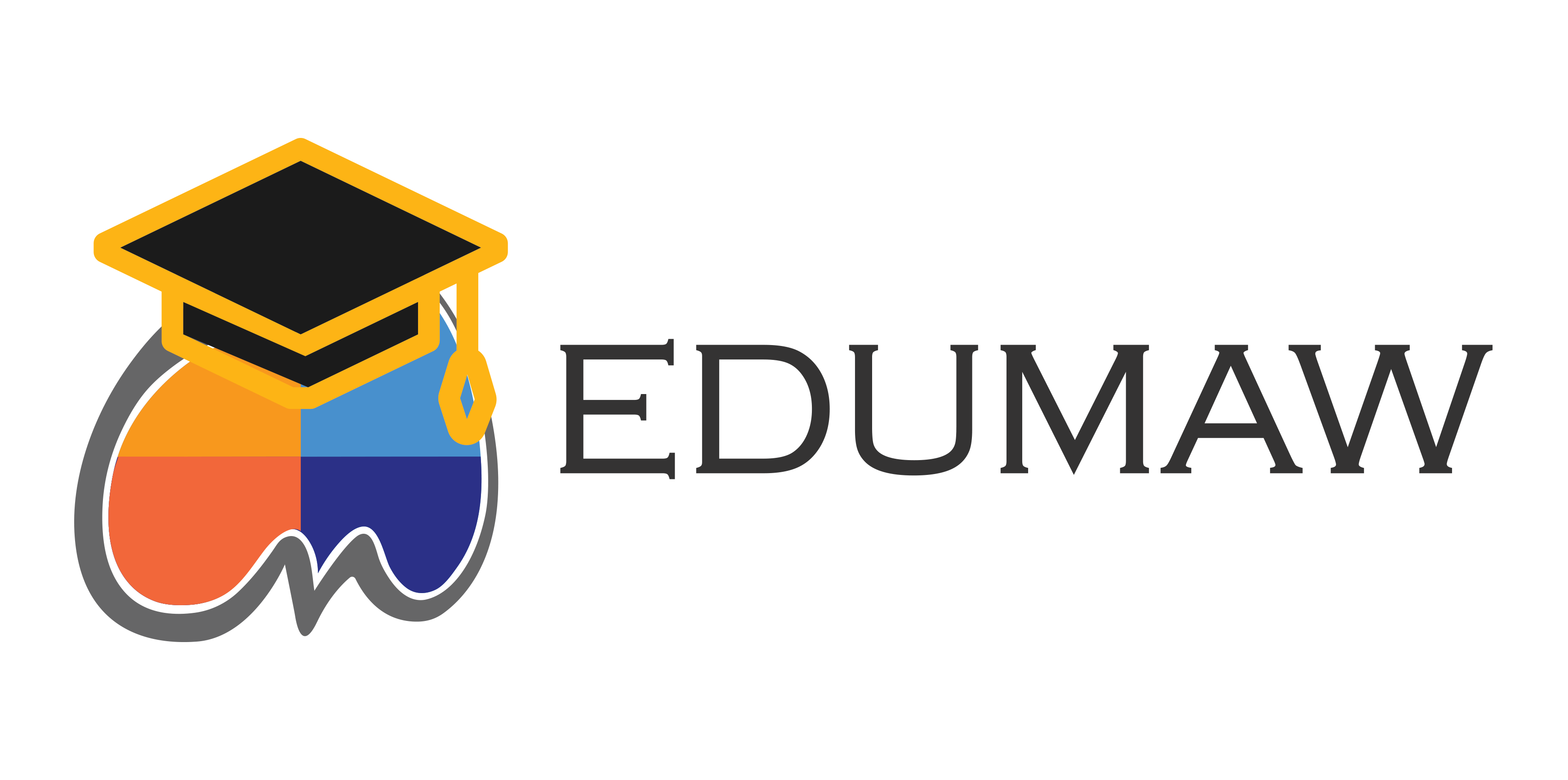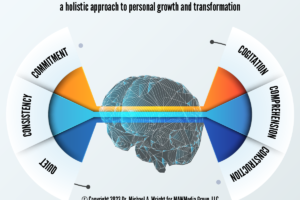
Discovering the Parallel Process of Education
A Transformative Coaching Approach for Educators
Executive coaching has evolved to encompass various aspects of the education profession, including assisting educators in developing curricula, classroom management strategies, and more. The fundamental aim of this form of coaching is not only to refine an educator’s skills but also to facilitate a shift in their perspective—one that inspires and reinvigorates their teaching practice. Drawing from my experiences with educators receiving executive coaching, I present the parallel process of education as a unique avenue for experiential learning and reflective practice that fosters growth and mastery in the educational sphere.
This parallel process of education comprises four interconnected steps: Connect, Confidence, Extension, and Celebration. By incorporating these steps and their outcomes into your teaching practice, you may both reconceptualize your own role as an educator and optimize your interactions with learners.
Step 1: Connect – Bridging Prior Knowledge with New Information
“Tell me and I forget, teach me and I may remember, involve me and I learn.” – Benjamin Franklin
The first step in the parallel process of education is to connect the learner’s prior knowledge with the new information presented. Creating a linkage between what the learner already knows and the incoming information makes learning a holistic experience. By building upon their existing understanding, learners can actively integrate the new material in a meaningful and relatable manner.
For instance, when introducing a new literary concept or theory in an English literature class, you can connect this novel information with familiar overarching themes or previously dissected concepts. Engaging the students in discussions that relate to their prior experiences or existing understandings of the subject matter will stimulate their curiosity, ease their comprehension, and enhance their learning experience.
Step 2: Confidence – Boosting Learner Self-Efficacy
“The best way to instill confidence in your pupils is to give them the gift of self-confidence.” – Dr. Albert Bandura
One of the most crucial yet often overlooked aspects of the learning process is promoting learner confidence. By making learners feel competent and confident in their prior knowledge, they are more likely to actively engage with new content, take risks, and develop a growth mindset—the belief that they can learn and improve over time.
To foster confidence in your learners, consistently acknowledge their existing knowledge, skills, and perspectives. Provide genuine, specific, and balanced feedback that highlights their strengths and areas for growth. Encourage meaningful peer-to-peer feedback to cultivate a supportive learning environment that bolsters collective self-efficacy and nurtures a culture of empowerment.
Step 3: Extension – Introducing and Integrating New Knowledge
“Knowledge is of no value unless you put it into practice.” – Anton Chekhov
In the extension phase, educators actively introduce and integrate new knowledge into the learner’s existing schema. This integration is achieved by incorporating various learning modalities, teaching methodologies, and assessment techniques catered to diverse learning styles and individual needs.

For example, in a science class covering plant biology, learners can embark on a range of learning experiences: direct instruction, hands-on experiments, multimedia presentations, interactive group work, and research projects. These diverse learning approaches allow students to consolidate new information, develop critical thinking skills, and foster creative problem-solving capacities.
Moreover, in the extension phase, learners are encouraged to make connections between the new information and real-life applications, broadening their understanding and appreciation for the subject matter.
Step 4: Celebration – A Review and Acknowledgment of Achievement
“A person who feels appreciated will always do more than what is expected.” – Zig Ziglar
The final step in the parallel process of education is a review of the learner’s accomplishments—a celebration of their progress and hard-won knowledge. It is essential to reflect upon and acknowledge the various learning milestones they have conquered, regardless of the level of mastery achieved.
In a classroom context, this could take the form of an open discussion where students share their insights, achievements, challenges, and perspectives on the topic. Alternatively, it could involve more formal activities such as presentations, demonstrations, or assessments that showcase their newfound capabilities. By reviewing and celebrating their progress, learners can gain a sense of pride and accomplishment, motivating them to continually engage with the learning material and aspire to further growth.
Embracing the Parallel Process: A Game-Changer in the Educational Landscape
When implemented effectively, the parallel process of education represents a transformative shift in teaching. It empowers educators to reconceptualize their role while enhancing their capacity to connect, inspire, and guide learners.
Connecting prior knowledge, fostering learner confidence, extending and integrating new information, and celebrating educational milestones are pivotal steps in this parallel process. By consciously incorporating these elements in their teaching practice, educators can expect to witness profound changes in their classrooms, such as:
- Heightened learner engagement and participation
- Improved learner motivation and resilience
- Deeper understanding and mastery of the subject matter
- Enhanced critical thinking and problem-solving abilities
- A nurturing and inclusive learning environment
As educators embark on this enlightening journey, the parallel process of education can transform not only the learning experiences of their students but also their own professional development and sense of purpose. Ultimately, embracing this approach can have an extraordinary impact on the educational landscape, fostering a dynamic, adaptive, and empowering learning ecosystem for all.
If you are an educator looking to enhance your classroom interactions, innovate your teaching, or solve a complex problem personally or professionally, schedule with Dr. Michael A. Wright, Executive Coach at MAWMedia Group, LLC. If you are an administrator, contact Dr. Wright to engage him in a retainer and make his expertise available to multiple staff and faculty members.



